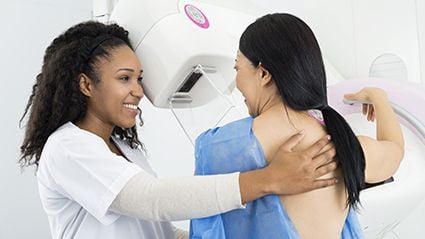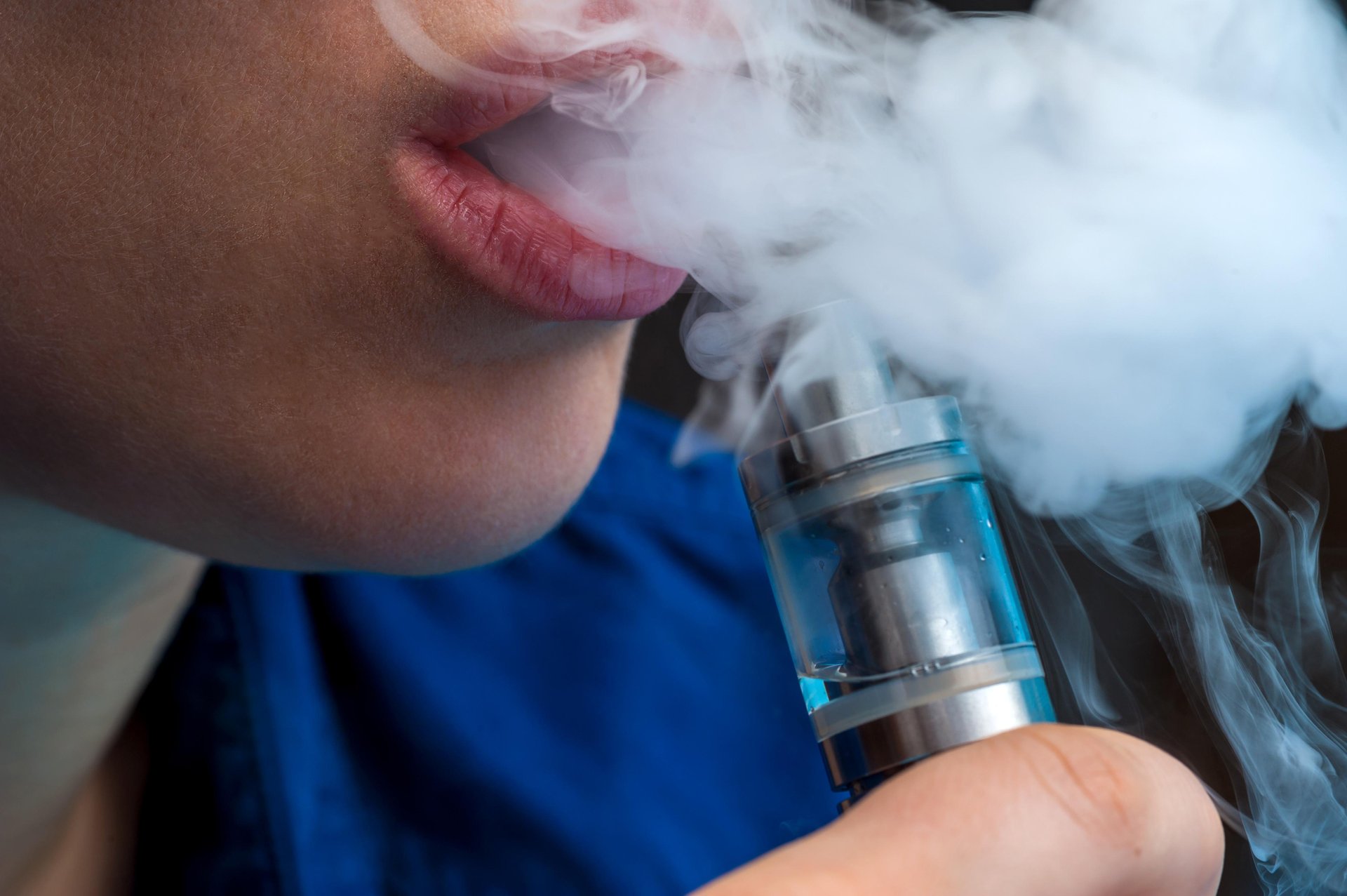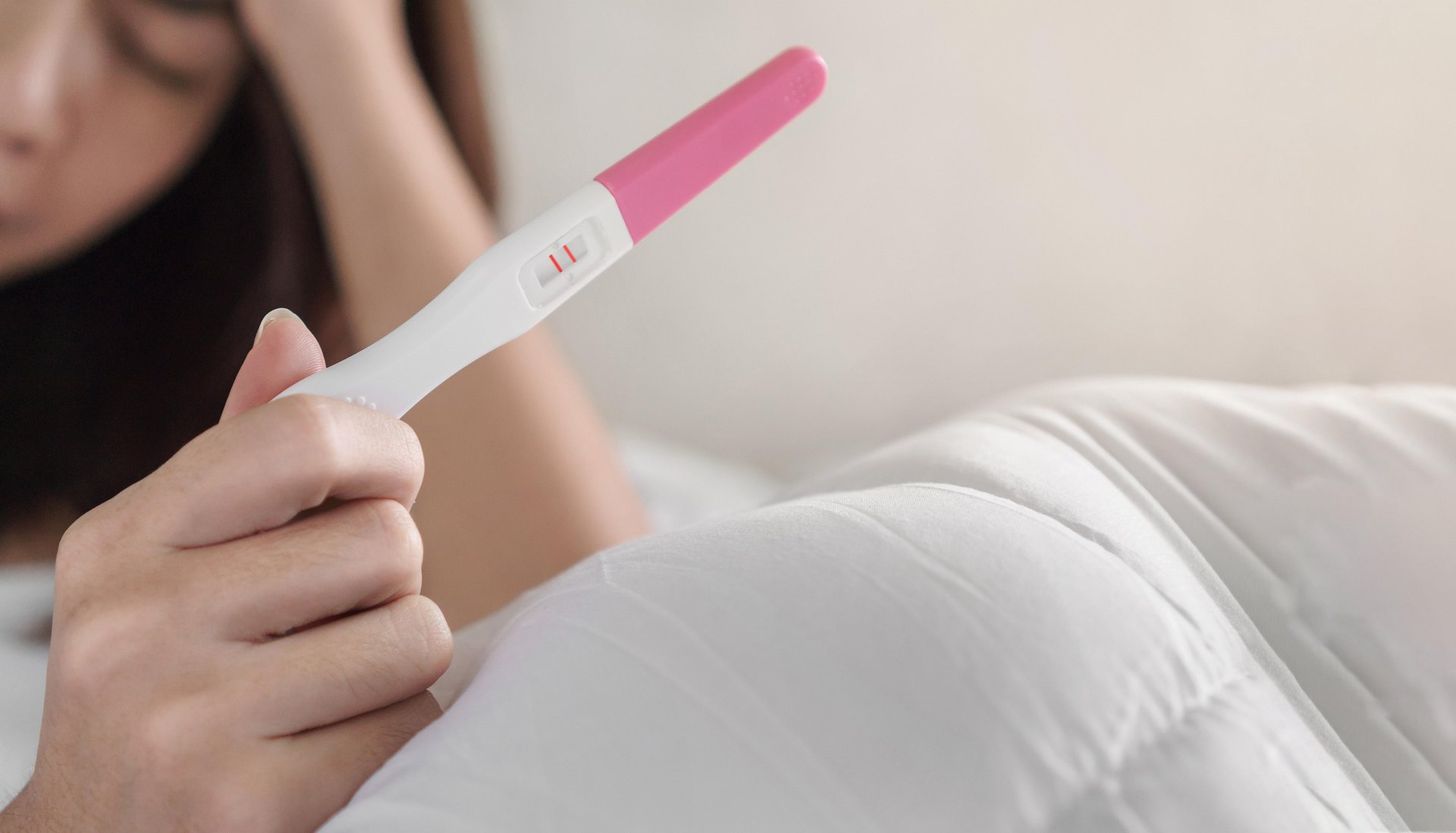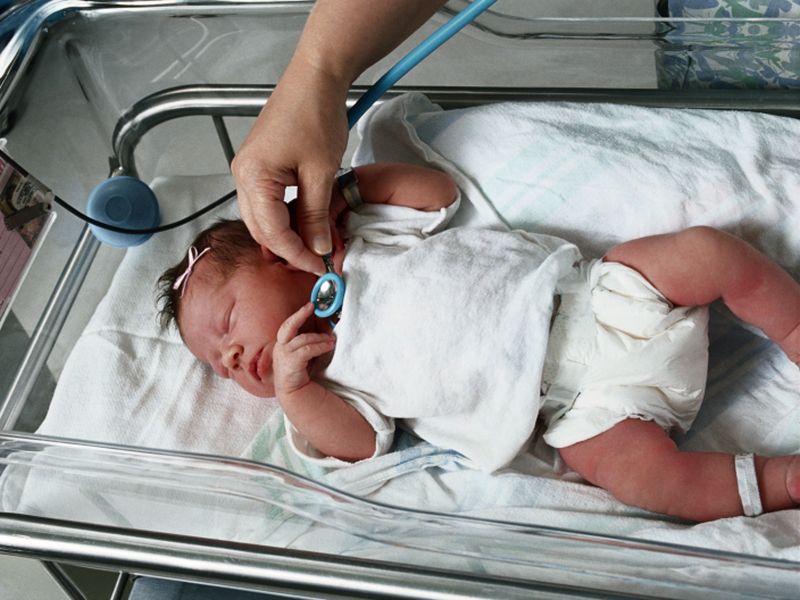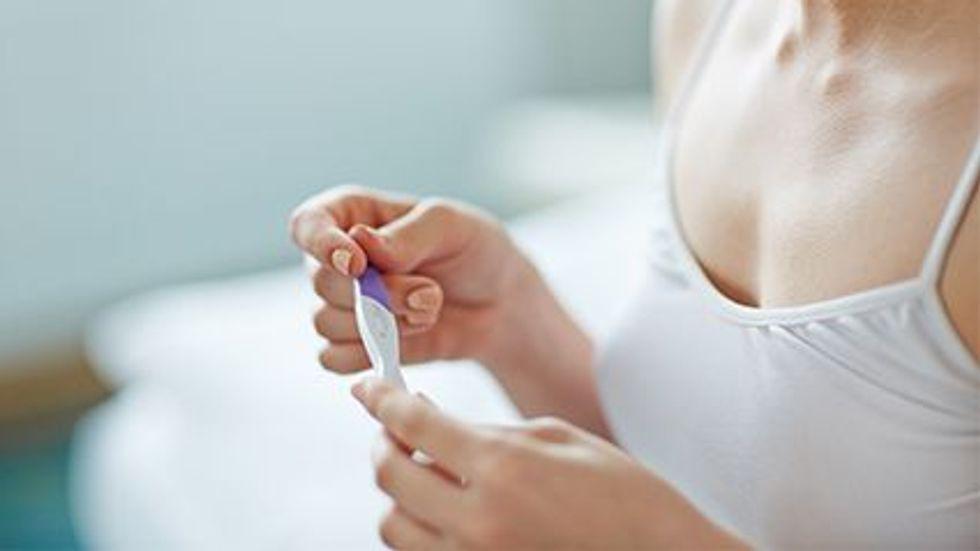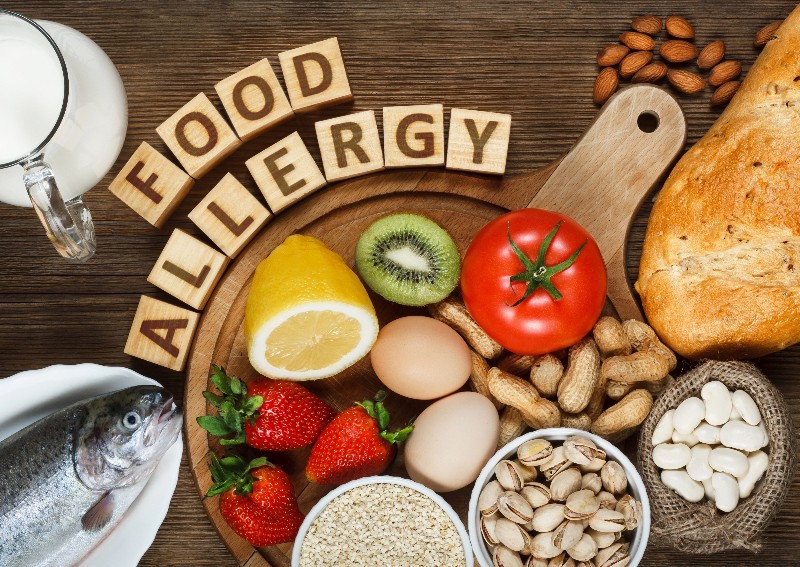
Having a child with food allergies isn’t easy to manage, and now new research shows that most of these parents turn to social media for medical advice. When they do, some of the advice is good and some is not, researchers report. In the study, published recently in the Annals of Allergy, Asthma and Immunology,… read on > read on >










